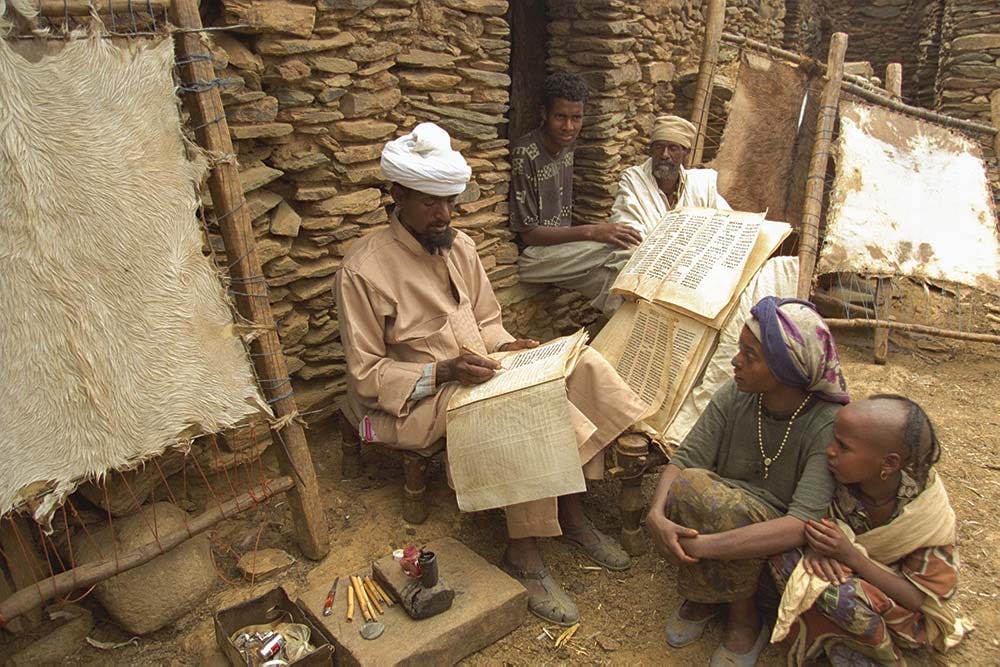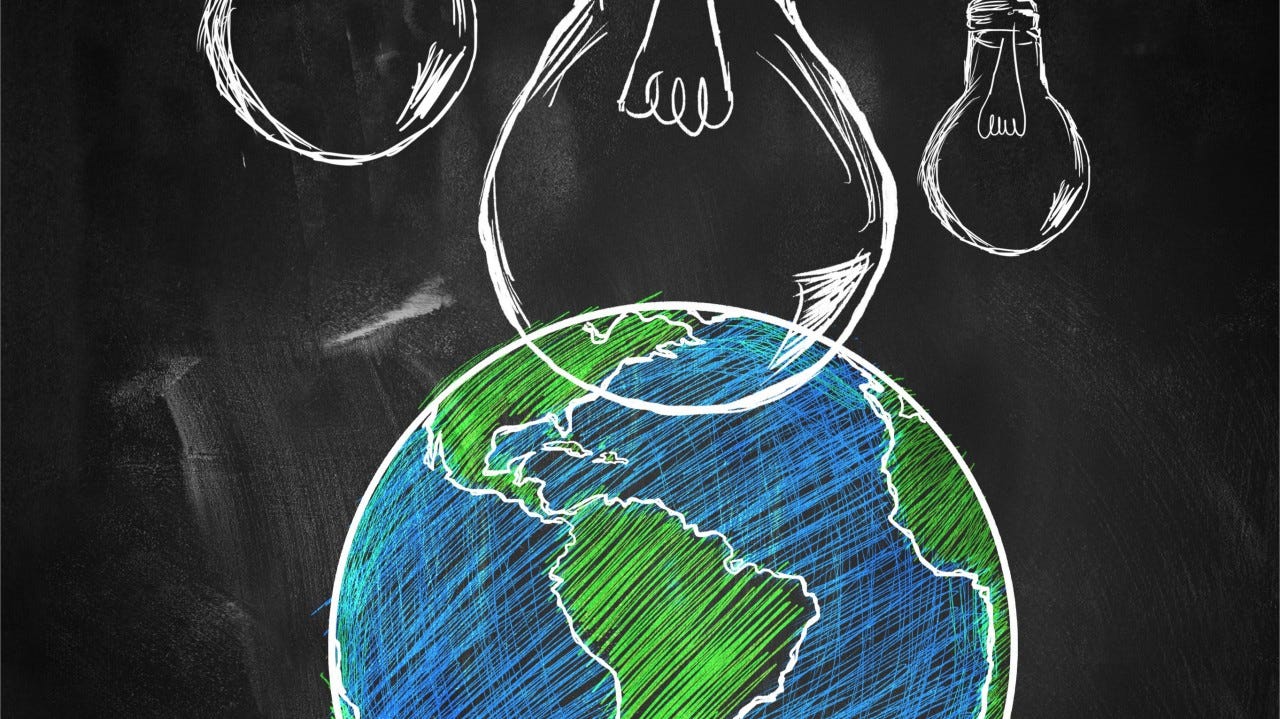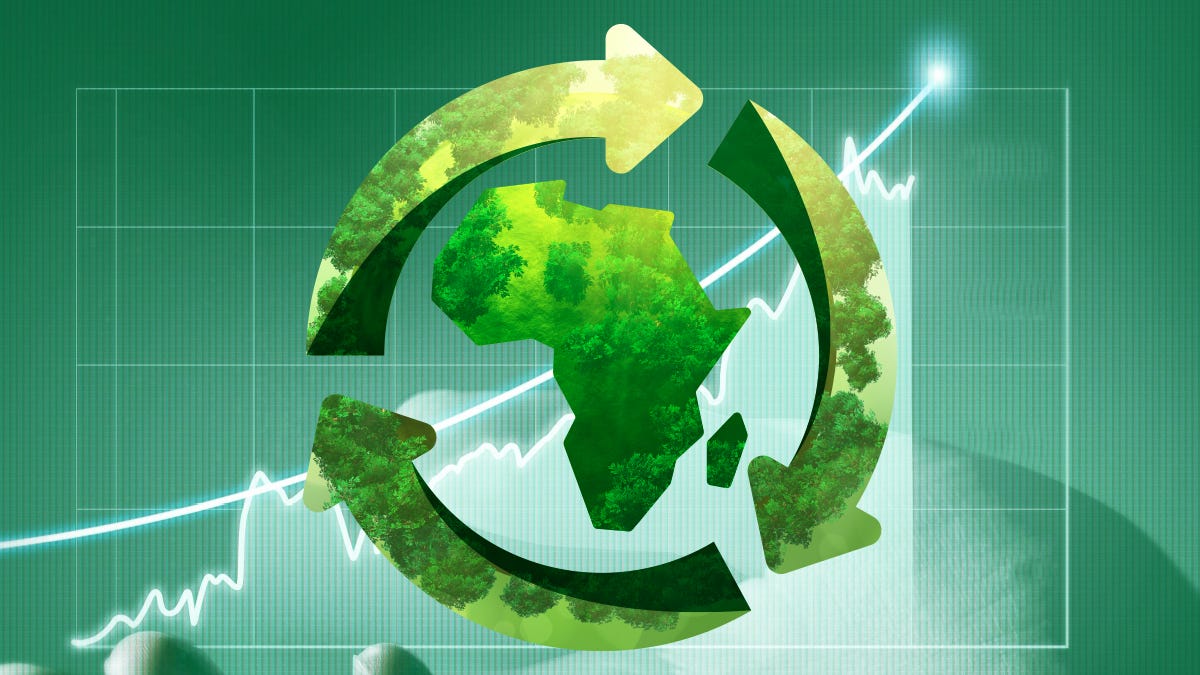Global Ambition Without IP Protection Is Just Cultural Extraction
Africa’s creative economy wants global reach, but without strong IP protection, its creators risk cultural extraction instead of economic gain. Here’s why ownership, legal muscle, and global-standard
Africa is entering a moment the world can no longer ignore. Afrobeats is charting globally, Nollywood has built the world’s second-largest film market, fashion from Dakar to Johannesburg dominates moodboards, and creators across the continent are building communities that stretch far beyond borders.
But there is an uncomfortable truth beneath all this momentum.
A creative economy that dreams of global relevance without protecting its intellectual property is walking straight into cultural extraction.
The world is expanding its appetite for African culture. But appetite is not the same as economic equity. Visibility is not the same as value capture. And global demand, without legal protection, simply becomes a pipeline that extracts culture outward and sends little value back.
Africa doesn’t just need global platforms.
Africa needs global protection.
Visibility Without Ownership Is a Losing Game
The pattern is already visible.
African songs go viral on TikTok, yet the artists behind them often see minimal revenue because rights weren’t registered properly. Designers find their work replicated by global brands with no compensation. Filmmakers lose millions in royalties because distribution deals favor the platform, not the producer. Creators sign contracts that look shiny on the surface but quietly transfer long-term rights.
A recent WIPO report estimated that Africa currently captures less than 3 percent of its own creative IP value. Meanwhile, the continent’s cultural exports continue to rise.
That gap isn’t a coincidence.
It’s a system gap, and a power gap.
When ownership doesn’t sit with the creator, revenue doesn’t either.
Global Demand Is Rising. IP Protection Isn’t Keeping Pace
This is the real tension.
Africa’s creative economy is projected to reach $20 billion in annual revenue by 2030
The global creative industries are valued at over $2.3 trillion
Streaming, publishing, and licensing platforms are aggressively expanding into African markets
Yet: over 80 percent of African creators do not formally register their IP, according to the African Union’s 2024 Creative Rights Study
So while global doors are opening, Africa is entering the room with weak legal armor.
And global markets are not built on goodwill.
They are built on contracts, registries, audits, lawyers, and enforceable rights.
Without those, Africa’s global creative “moment” becomes someone else’s monetization engine.
Cultural Extraction Isn’t Always Exploitation. Sometimes It’s Ambition Without Structure
Extraction isn’t always malicious.
Sometimes it happens because Africa shows up unprepared.
A filmmaker signs a distribution contract without global rights protection.
A designer has no trademark for a pattern that later becomes a global trend.
A musician uploads music to a platform without proper PRO registration.
A photographer’s work goes viral but wasn’t watermarked or licensed.
In each case, the culture travels but the creator stays behind.
The willingness to dream globally is not the problem.
The problem is dreaming globally with local paperwork.
If Africa wants a creative economy that scales globally, then it must build the machinery that protects value globally.
The Global Creative Economy Rewards Ownership, Not Influence
This is the part many creators underestimate.
Platforms reward engagement.
Markets reward ownership.
The world consumes African creativity, but the value chain is still largely external:
Streaming platforms hold the rights
International labels hold the masters
Global agencies control the licensing
Foreign distributors own the long tail of monetization
African creators often get the exposure while someone else gets the compounding interest.
Without airtight IP, global success becomes global leakage.
IP Protection Is Not a Bureaucratic Step, It Is a Wealth Strategy
Africa’s creative economy needs a mindset shift.
Intellectual property isn’t paperwork, it’s infrastructure for generational wealth.
It determines who gets royalties, who gets licensing income, who owns derivative rights, who monetizes catalogues, who negotiates better deals.
Consider this:
Nollywood loses an estimated $500 million annually to piracy
African designers lose millions in global knockoffs
African music catalogs are quietly bought by global firms at fractions of future value
Local creators rarely participate in global licensing markets worth $30+ billion
Strengthening IP is not an administrative fix.
It’s an economic one.
Global Partners Are Not the Problem. Unequal Terms Are.
Africa does not need to retreat from global partnerships.
In fact, it needs more of them.
But they must be partnerships where the creator keeps ownership while the partner provides reach.
This is the global model used everywhere else:
Korean entertainment companies own their IP while streaming platforms provide distribution
Latin artists maintain publishing control while global labels handle promotion
Japanese and Indian animation houses own copyrights while U.S. platforms handle licensing
Africa deserves the same power balance.
A global creative economy should not require African creators to surrender their rights to participate.
The Future Is Clear: Global Reach With African Ownership
If Africa wants to leapfrog, it must do three things:
1. Build IP systems creators can actually use
Not complex institutions that scare creators away, but accessible, digitized systems for registration, licensing, royalties, and disputes.
2. Scale legal literacy across all creative fields
Creators must understand contracts as clearly as they understand their craft.
3. Insist on ownership-first partnerships
Global platforms aren’t the enemy. But Africa must negotiate from a position where rights stay home.
Ownership must travel outward, not leak outward.
Africa Isn’t Asking for Protection. Africa Is Asking for Parity
The world wants African creativity.
But Africa wants something back — not just attention, not just virality, but value.
The real measure of global ambition isn’t how far culture travels.
It’s how much value returns home.
Without strong IP, globalization becomes extraction.
With strong IP, globalization becomes acceleration.
Africa stands at that fork.
And the continent’s next creative decade will depend on which direction it chooses.
A guest post by
A curious mind exploring the crossroads of creativity and insight.






